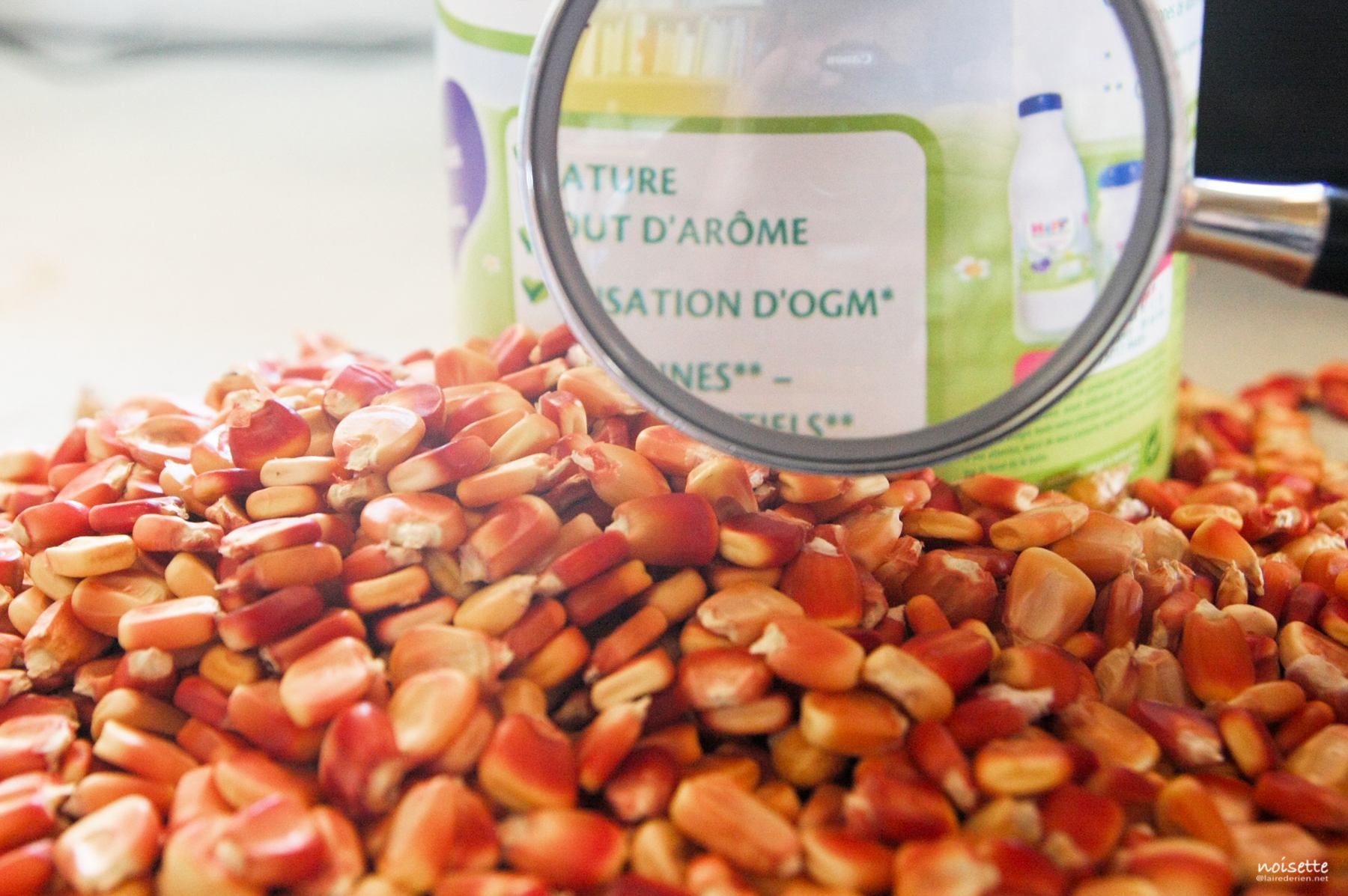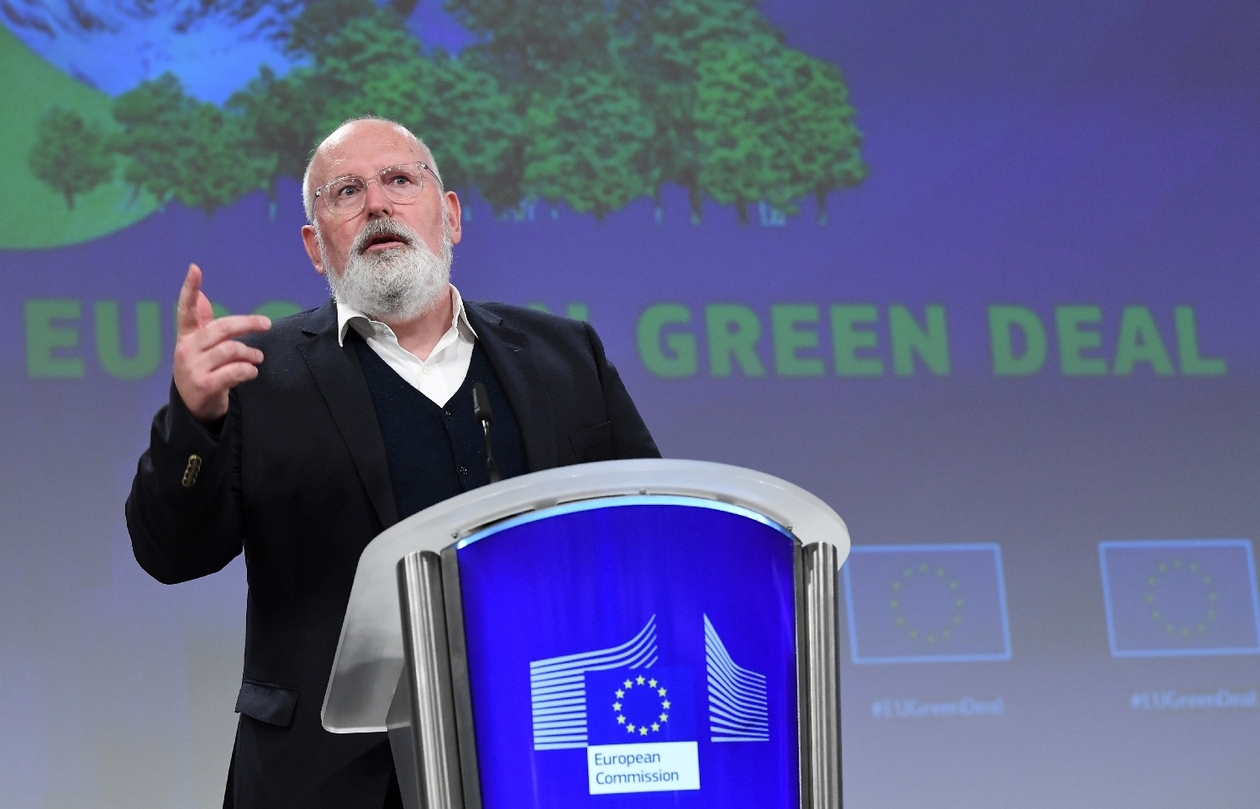GMO : a change of plan from the European Commission ?

The European Commissioners will not discuss the potential new regulatory framework for GMOs on June 7, 2023, as initially planned. Indeed, the Commission has decided to postpone its internal discussions to the end of June at the earliest. But the context of the last few weeks may also suggest that such a proposal might not be made immediately.
For several months, the European Commission has been working on proposals to modify several European regulations, notably those on GMOs, seeds, the “sustainable” use of pesticides, and waste [1] These proposals are necessary, according to the Commission, to concretely implement its “Green Pact” policy and move towards a European agri-food system that it describes as “sustainable”.
For GMOs, the Commission must reconsider its assessment
A proposal on a new framework for certain GMOs, those obtained by “mutagenesis and cisgenesis”, was to be discussed on June 7, 2023 by the European Commissioners. Moreover, this discussion still appears on the agenda of this meeting [2]. However, members of DG Health announced on March 31 that it was postponed until at least the end of June. The Council of the European Union will therefore not receive – if it should receive one – a proposal for a new regulatory framework before July. Contacted by Inf’OGM, the European Commission has neither confirmed nor denied this information. But a recent information can already explain administratively this delay.
Last week, according to an information published by Context [3], the European Regulatory Scrutiny Board (RSB) has issued a negative opinion on an impact assessment produced by the European Commission [4] This assessment is an analysis made by the European Commission of the impacts that the new regulatory framework it wishes to propose would have. To make this analysis, the Commission had, since 2021, conducted a pre-analysis, two public consultations and a private consultation. Although the entire procedure was widely criticized by environmental and farmers’ organizations, it was nevertheless used by the European Commission to draft a final impact assessment, which was to be made public along with the proposal for a new framework. But, according to Context, the RSB considered that this analysis was incomplete and, in particular, that “the consequences of this future legislation on consumer information, organic farming and the environment […] have not been sufficiently taken into account”. As the role of this committee is to “provide quality assurance of Commission impact assessments […] to the political level of the Commission, enabling it to take decisions on the basis of best available information and stakeholders’ views” [5], a negative opinion from the committee obliges the Commission to review its impact assessment before resubmitting it to the RSB.
A proposal put on hold by the Commission?
But, in concrete terms, is the Commission really bothered by this delay in schedule? Not so sure. Indeed, the recent ruling of the Court of Justice of the European Union (CJEU) on February 7, 2023, may have made it less urgent to amend the GMO legislation [6]. According to some stakeholders, such as the Confédération Paysanne [7], this ruling could be read by the European Commission and the multinational seed companies as opening a loophole in the GMO framework and could allow many GMOs to be marketed without declaring them as such. Indeed, the regulation of GMOs will depend on the good faith of companies. The latter could declare that a plant has been obtained by a technique which, legally, does not give rise to GMOs (or GMOs exempted from the requirements of the legislation). This situation is not a mere figment of the imagination. Indeed, in Canada, Cibus declared that its 5715 GM canola was obtained by oligonucleotide-directed mutagenesis, a technique that yields regulated GMOs… before changing its declarations, in 2018, by claiming that this canola had been modified by somaclonal variation [8].
In addition, the European Commission has changed its position on the issue of traceability of GMOs, which it claimed – wrongly – to be impossible until recently. As the executive of the European Union, the European Commission must implement the regulation concerning products regulated as GMOs. These must, for example, be detectable and traceable. This implies the development of regulatory protocols. However, after being opposed, in 2017, to a work of its experts on the subject [9], the European Commission had then changed its mind in 2019. But, four years later, their report is still pending. Above all, in December 2022, the Commission launched a European call for tenders on “new detection methods on products derived from new genomic techniques for traceability, transparency and innovation in the food system” [10]. Deadline for submission of applications: April 12, 2023.
Finally, politically, the European Commission no longer receives as much support as in 2021. On March 16, 2023, during the Council of Ministers of the Environment, nine Member States openly criticized it for its lack of data and scientific rigor in the GMO dossier [11]. These States have therefore requested the creation of an ad hoc working group at the Council of Environment Ministers “in order to facilitate discussions involving all the areas concerned (environment, health and agriculture), respecting the framework of the current legislation on GMOs and taking into account the responsibilities of the different competent authorities in the Member States”. This call was supported by the Austrian Minister for Climate and the one for Consumer Protection, a few days later, in a letter addressed to Stella Kyriakides, European Commissioner for Health. In this letter, Austria asks the Commission that the European Union stick to its existing rules on GMOs in order to protect the health of consumers and the environment [12].
These recent setbacks, be they political or administrative, have delayed an already tight schedule due to the upcoming European elections in 2024. With this delay, the time for political discussion within the Council of the European Union and the Parliament is put at risk to be reduced to a minimum, if the Commission maintains its desire to move quickly at all costs. But, as we have seen, it may also consider that it is no longer in a hurry, as companies potentially have an open door to market their products without declaring them GMOs, as Cibus has done in Canada.
[1] For a complete overview of the regulatory work and the timetable as initially set, see : European Commission, “Timeline of Farm to Fork actions”, April 2022.
[2] European Commission, “OJ 2452 – Possible items for College agendas 5 April – 28 June 2023”, 28 March 2023 (consulted on 17 April 2023).
[3] « L’étude d’impact de la Commission européenne sur les nouvelles techniques d’édition génomique va être retravaillée », Contexte, 6 avril 2023.
[4] The RSB issued another negative opinion, on the draft revision of the waste framework, which was also to be discussed on June 7.
[5] European Commission, “Regulatory Scrutiny Board – How the Regulatory Scrutiny Board works, its role and composition, members, reports and rules”.
[6] ,
, « OGM – La justice européenne ouvre la porte à la déréglementation », Inf’OGM, 9 February 2023 (in french).
[7] , « Cour de justice de l’Union européenne : le roi des OGM est nu », Inf’OGM, 13 March 2023 (in french).
[8] , « Cibus’ canola, the mysterious origin of the mutation », Inf’OGM, 29 September 2020.
[9] , « EU : no program to detect new GMOs », Inf’OGM, 5 October 2017.
[10] Horizon Europe Framework Programme (HORIZON), “New detection methods on products derived from new genomic techniques for traceability, transparency and innovation in the food system”.
[11] , « GMO : the Commission is losing supports », Inf’OGM, 4 April 2023.
[12] Swaton, C., “Austria wants food labelling transparency amid likely gene editing deregulation”, Euractiv, 6 April 2023.












